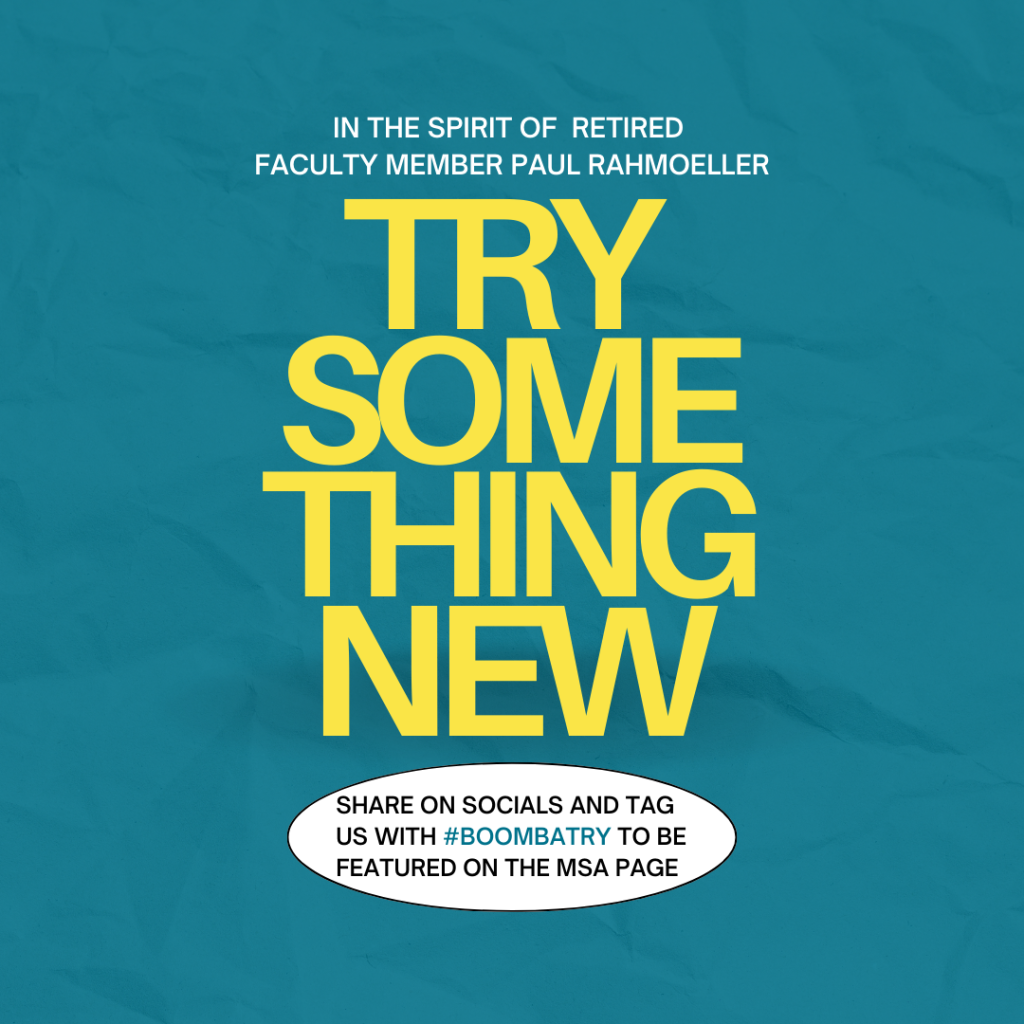Published on Nov. 27, 2023
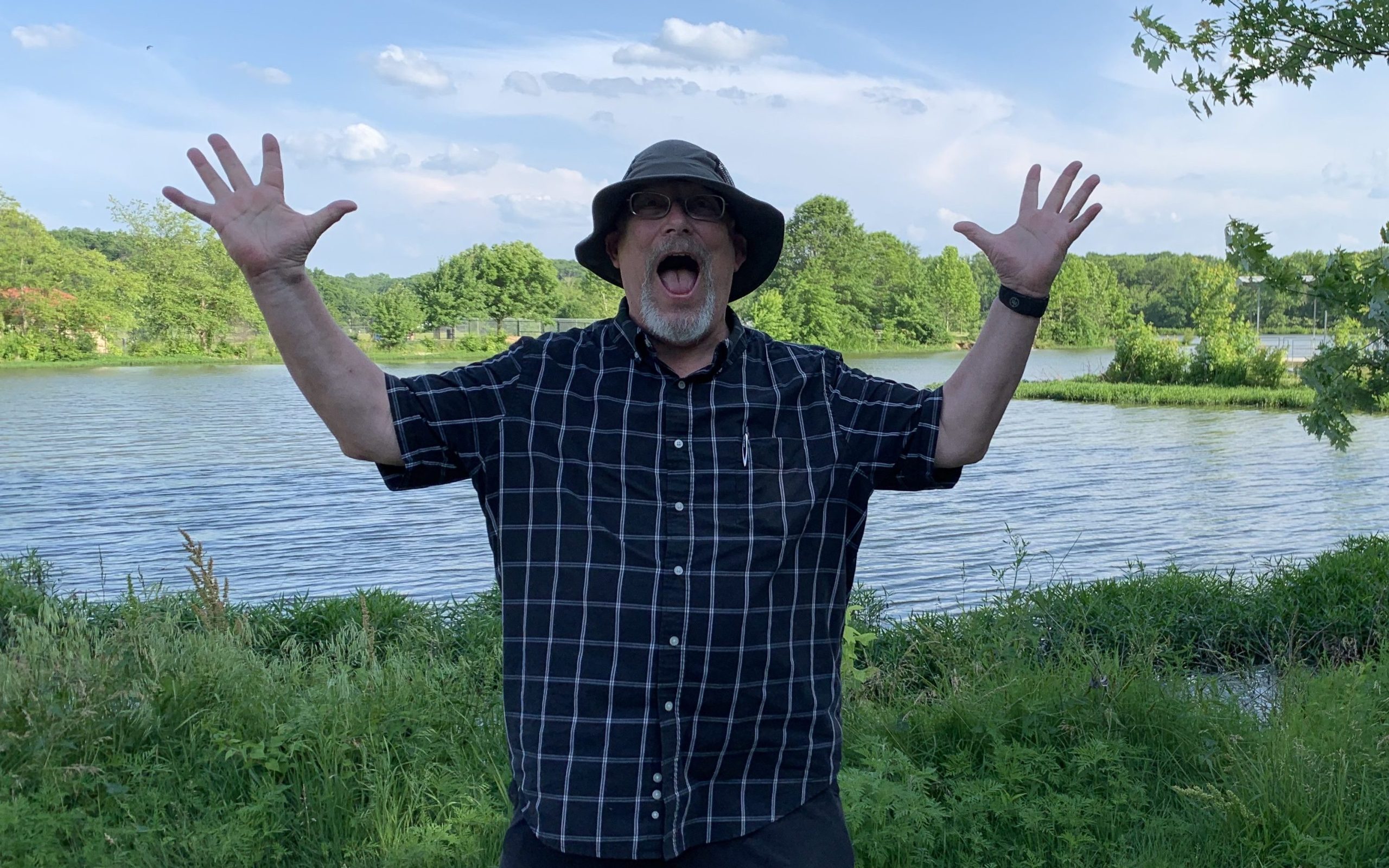
The Missouri Scholars Academy is a place where gifted students can explore their interests and try new things, creating a strong community like no other. This is what we call the magic of MSA.
Scholars of the 2023 Academy experienced this magic with the help of MSA’s wonderful faculty members. However, for the first time in the history of the Missouri Scholars Academy, one face was not among them: longtime faculty member and Cor: PSD coordinator Paul Rahmoeller, who retired after the 2022 Academy.
Paul was known for his passion for problem solving, whether that be in the classroom or in everyday life. His enthusiasm for the program could not be defined with one singular role.
“In the first year, like so many faculty and staff, everyone contributed in some significant way,” former director Ted Tarkow said. “His great thing was ‘Problems of the Day’.”
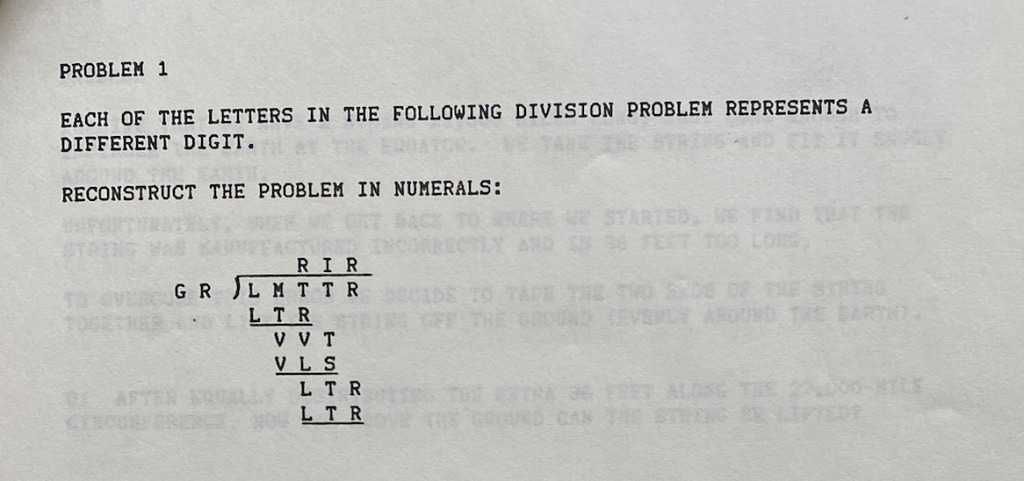
The Problem of the Day debuted at the first Academy in 1985 – a division problem using letters instead of numerals. Scholars were asked to then replace the letters with numbers to form a logical equation. The next morning, Paul added a new challenge, and since then has never repeated a problem in 38 years.
From then on, the Problem of the Day became an Academy staple, encouraging students to collaborate on daily math problems that made them think creatively. Every morning, scholars could expect a new problem displayed on a sturdy, handcrafted wooden board made by Paul.
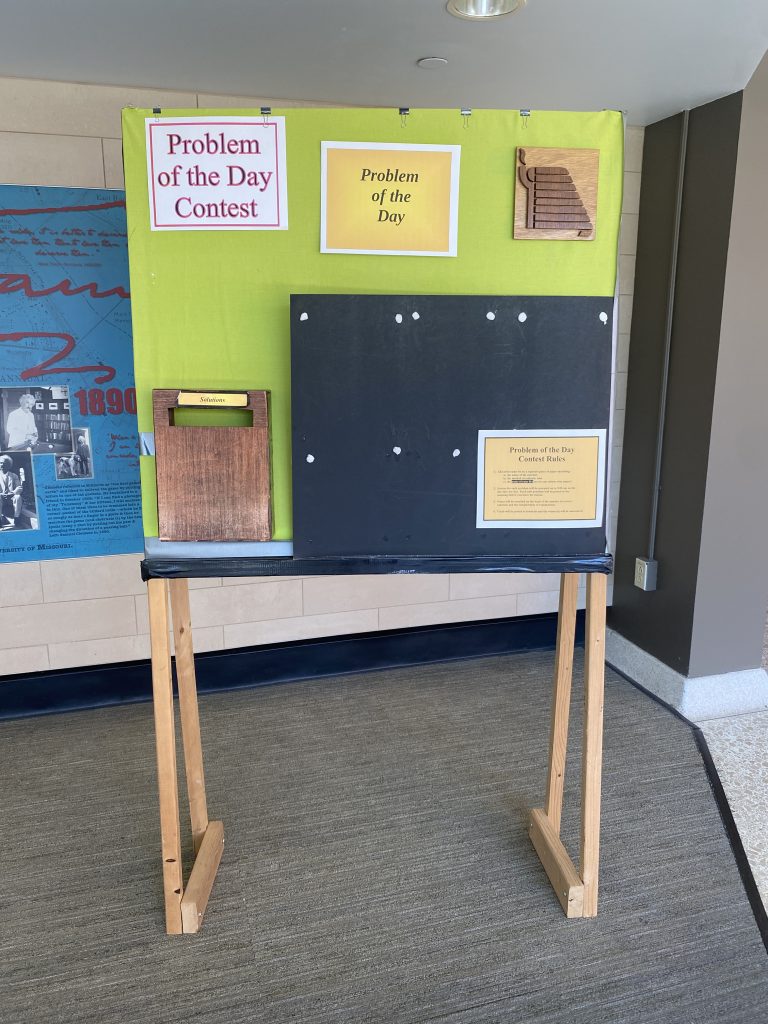
Paul’s commitment to MSA is as old as the Academy itself. He was among the first group of faculty to teach rising high school juniors on Mizzou’s campus in the summer of 1985. According to Ted Tarkow, Paul was hesitant to participate at first. But after some fierce persuasion from the selection committee, Paul agreed — which may be one of the best decisions in MSA history.
“So Paul did it. And Paul loved it,” Ted recalled.
Paul became an integral member of MSA during its formative years. Now, hundreds of scholars have enjoyed the traditions and activities that Paul helped build the foundations of. Many faculty and staff members remember Paul’s contribution to MSA – especially what he did behind the scenes.
Lou Jobst, a faculty member for the first 30 years of MSA, spoke on being able to experience the beginnings of MSA with Paul.
“Paul and I, being charter members of MSA, have a special bond,” Lou said. “We entered this wonderful experience with no real idea what to expect and so, having Paul, along with others at our sides, was magic. Paul was a consummate teacher but also an ‘idea’ man, a ‘doer’ who got the little things done, like name tags and countless other needs, but mostly he provided the quiet burst of energy and joy we all needed. I remember our own children at the dances, at the special events, as I said, magic.”
An idea man. A doer. Lou is not the only one to describe Paul this way. People recall Paul creating a makeshift “nametag factory” in his middle school classroom at Jefferson Middle School, or providing an extension cord or a van for transportation at a moment’s notice.
Ed Grooms echoed how much work Paul put into the Academy: “Early on Paul was our tech wizard. And he had access to tech equipment we could not get from the university. He continued to play a behind the scenes role and teach his classes for the 25 summers we were together. His contributions were mostly unseen but invaluable.”
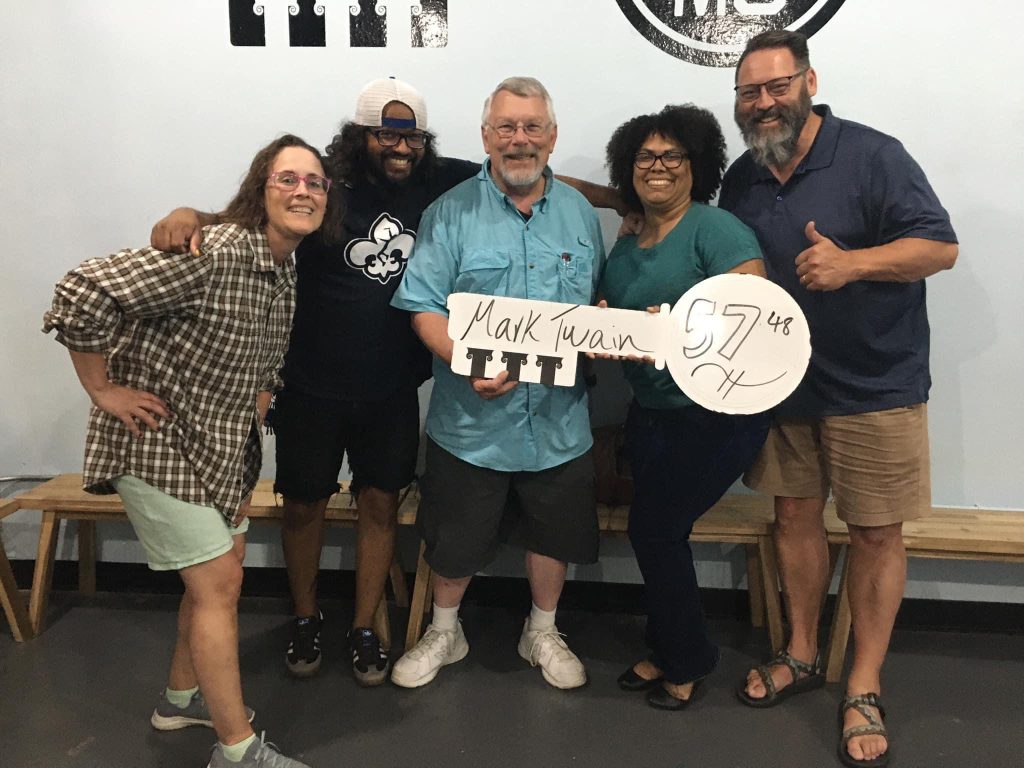
Paul’s contributions were not entirely behind the scenes. He was also an excellent faculty member whose math classes brought something special to the Academy’s learning environment. For many years, Paul taught the major “Taking A Chance” and the minor “Puzzles, Games, and Problem Solving.” Although mathematics was the core of his teaching, Paul also focused on the reasoning behind these mathematic processes.
“Many marveled at the fact that the rising juniors at MSA were led to new ideas by a man who in his ‘real job’ taught junior high,” Jim Meyer said. “But to know Paul is to know a guy who has immersed himself in many of math’s big and enduring questions.”
The love and gratitude that MSA has for Paul Rahmoeller did not end when he retired last summer. He continues to be an example of what makes MSA a magical experience, and we will be forever grateful for the time he spent with us each June.
In the spirit of Paul and all he has done for the Academy, we ask that YOU try something new and share it with us on socials with the hashtag: #BOOMBATRY.
